sex a week before period
Top navigation Profile menuAccountExplore Parents Explore PUEBLO PREGUNTA PREGNANCY BABY NAMES BABY TODDLERBIG KID FONDO HEALTH PARENT FOODHOLIDAY OUR MAGAZINESMORE Profile menu Follow Us How your period affects your chances of pregnancy Trying to conceive but not pregnant yet? Maybe it's time to see your monthly period (or not so much a month) to know why those two pink lines have not yet appeared in your pregnancy test. We all agree that having a monthly period can be a total nuisance. And it goes without saying that that's even more the case when you're trying to conceive. But the amazing thing that many women don't realize is that our period is actually a window to our fertility — helping us to follow our cycles, to know (approximately) when we are more fertile, and to provide clues about our chances of becoming pregnant. Things like the length of the cycle, the intensity of your flow, and the frequency with which you are receiving your period are affected by hormones in your body that regulate your cycle, help you become pregnant and maintain a healthy pregnancy. So when hormone levels become out of balance, sometimes due to underlying medical conditions, stress or extreme changes in the diet, there is a good chance that your menstrual cycle will be unlearned. Here, we have highlighted several common situations that women face when it comes to their monthly cycle to help you know when to consult a doctor about how their period might be affecting their chances of conceiving. Lost period If you're trying to conceive, there's nothing worse than losing a period for the wrong reason. If your monthly visitor does not appear, well, monthly, and you are not seeing those two pink lines you are waiting for, it is a good idea to contact the doctor to get to the bottom of the problem. That is because an irregular cycle has a two-point effect on its fertility: First, it will be much more difficult to determine the key ovulation dates where you become pregnant is very likely. Most importantly, periods that are lacking repeatedly indicate underlying problems that may affect their fertility; some are serious, while others are relatively simple to resolve. If you wonder what may cause a lost period, out of pregnancy, of course, there are a number of possible causes." PCOS is probably the best known cause of irregular cycles. Hypothyroidism can also cause amenorrhea, as well as high levels of prolactin, zinc deficiency, extreme diet or weight loss, or very intense exercise," says Dr. Lauren DeVille, naturopathic physician of Nature Cure Family Health. Many of these causes can be easily fixed or reversed with the help of your OBGYN, which in turn may refer to a fertility specialist if necessary. Abnormal flow If you're getting your period every month, you're definitely ahead of the game when it comes to your chances of getting pregnant. However, if you are not seeing a positive pregnancy test month after a month despite a relatively predictable cycle length, your flow could provide a hint on the cause. Abnormally heavy or light periods may sometimes mean that there are problems that need to be solved before conception can occur, so read to see if any of these can be applied to you. Heavy period At first glance, having an unusually heavy period may not seem like something that might affect your fertility, especially if your period remains regular. Actually, however, it is not normal to have a super heavy period every month. Most of the underlying causes of very heavy periods are things that also lead to an inability to get pregnant or maintain a healthy pregnancy: things such as uterine or polyp fibroids, endometriosis, pelvic inflammatory disease or hormonal imbalance. How do you know if your heavy flow is too heavy? According to Dr. Jessica Shepherd, an OBGYN and founder, an extremely heavy menstrual flow is called menorrhagia, and is characterized by the following: Light period In most cases, having a period of light is nothing to worry too much. If you've always had a beautiful light period, or if it's always been on the short side, get out! This should certainly not affect your chances of becoming pregnant. But if your low flow is a sudden change that cannot be explained by increased stress or dramatic weight loss, you may want to see what is causing a period of light. One of the major underlying medical problems when it comes to what causes a period of light is polycytic ovary syndrome, or PCOS, a condition where women produce male hormones above average. And you probably already know that PCOS is one of the main causes of infertility in women today. But the good news is that proper medical treatment to help keep hormones on the way makes it possible for PCOS patients to have a healthy pregnancy and lead a baby on the run. Duration of the cycle The length of the perfect cycle for images is 28 days. But of course, we are all different, so there will always be some variation in the length of the cycle. Often, a person's cycle may be off for a day or so, and that's fine. But drastic differences in cycle lengths may indicate problems such as hormonal imbalance or other underlying medical problems that may affect fertility. According to, "The length of your cycle, although not in any form of birth control, can be a key indicator of hormonal imbalances and if ovulation is occurring on a regular basis. Hormonal imbalances can affect whether and when ovulation occurs during your cycle. "Keep reading to learn what it can mean if you are experiencing abnormally long or short menstrual cycles. Long cycle When you're trying to get pregnant, even a 30-day cycle can feel like an eternity, right? That's why there's nothing more to punish than an abnormally long cycle. Be sure that the occasional cycles that are longer than usual are quite normal; minor things like travel, stress or even illness can delay your period for a few days or so. But if you go in 45 days or longer, or if the longer cycles of the average are becoming the norm for you, it's time to find out what's going on. Long cycles can mean you're not regularly ovulating. In fact, they are often indicative of an annovulatory cycle, it is a cycle in which your body does not release an egg at all. As you can imagine, that can definitely put a kink in the baby-making process. Many of the things that cause lost periods and other anomalies are the same things that cause super long cycles; hormonal imbalance in the thyroid and adrenal glands, uterine polyps or fibroids, PCOS or obesity can play a role. Short cycle On the back side, if you have noticed that you are getting your period more than once every month, there is a good chance that your cycle length can be abnormally short. If you're thinking that this is a matter of more possibilities of trying to conceive, sadly, that's not always the case. An abnormally short cycle can be an indication of, among other complications, a luteal phase defect. "The luteal phase is the second half of the cycle, after ovulation. During this phase, progesterone increases to nourish endometrial in the event of implantation. It takes about 7 days after the ovulation for the implant to occur, so a shorter luteal phase than makes the pregnancy unlikely. Ideally, you need the luteal phase to last about 14 days," says DeVille. Other signs of a luteal phase defect include spotting and repeated early abortions. The solution is often found in fertility medications such as Clomid Supositories or Progesterone, so if you are diagnosed with a phase luteal defect, know that it is a solvable problem and you are likely to have little problem conceiving once corrected. Spotting Like all the other odds that may occur with your cycle, staining is something that can happen from time to time, especially during the first years after your period begins and as you approach menopause. But if you are experiencing regular stains before your period starts every month, or if you are having a lot of bleeding between cycles, your hormone levels may be slightly out of your dock. DeVille says, "the stain usually occurs when progesterone levels are too low to keep the endometrial in place. Or alternatively, if estrogen levels are too high." You might consider trying one of the new hormonal tests at home if you are having a lot of stains, then take the results to your doctor. You can check and determine at the time what type of treatment you might need to increase your chances of seeing the positive pregnancy test you've been waiting for. Comments (1) Participation options Comment on this project Log in Magazines & More informationConnectOther Meredith Sites View image

Unprotected sex a week before ovulation??? - Glow Community
Can a woman get pregnant a few days before her period and still have period? - Quora

What are the chances of getting pregnant 1 week before your period? - Quora
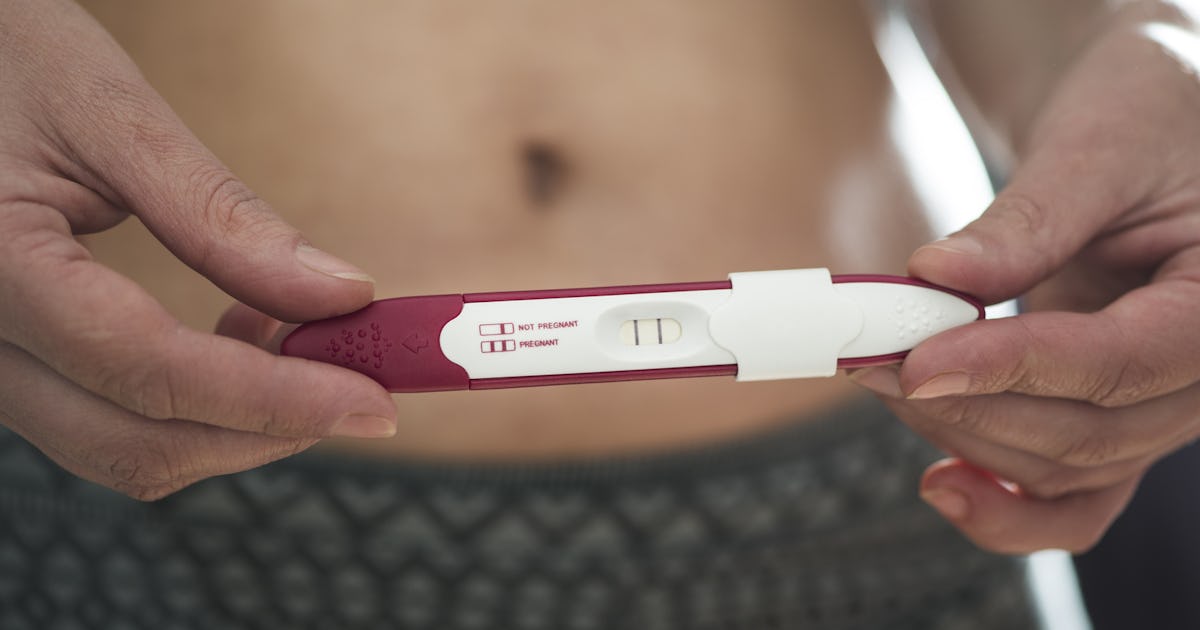
Can You Get Pregnant A Week Before Your Period? The Answer's Complicated

6 Facts About Sex During Your Period | Time

Will you get pregnant if you get your period 2 weeks after you had sex? - Quora
:max_bytes(150000):strip_icc()/does-lying-on-your-back-after-sex-help-with-conception-1960291_color11-5b97e98046e0fb00257fd528.png)
How Long Does It Take to Get Pregnant After Sex?

What are the chances of getting pregnant 11 days before period is due? - Quora
Sex 2 weeks before my period.
/does-lying-on-your-back-after-sex-help-with-conception-1960291_color11-5b97e98046e0fb00257fd528.png)
How Long Does It Take to Get Pregnant After Sex?
Here's how sex can start your period
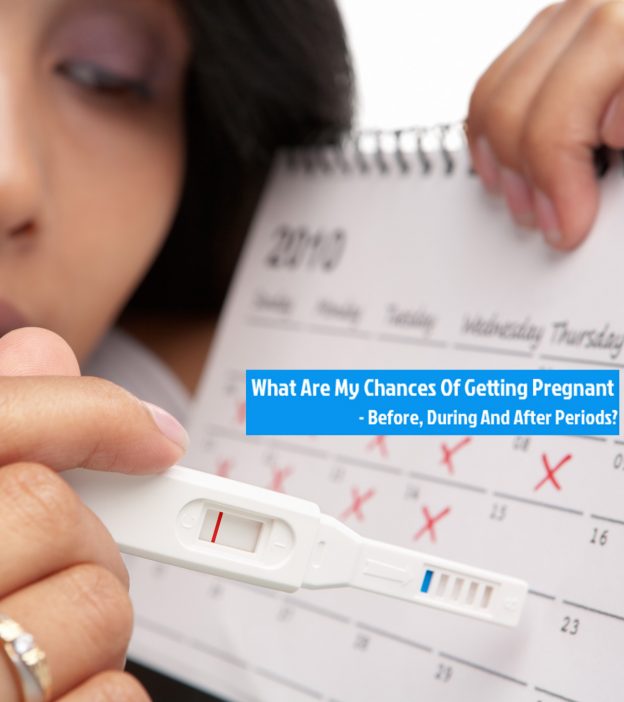
Can You Get Pregnant Before, During Or After Your Periods?
I always got my period early if I had sex the week before The day before my period was due I still didn't feel crampy or moody so I took the test
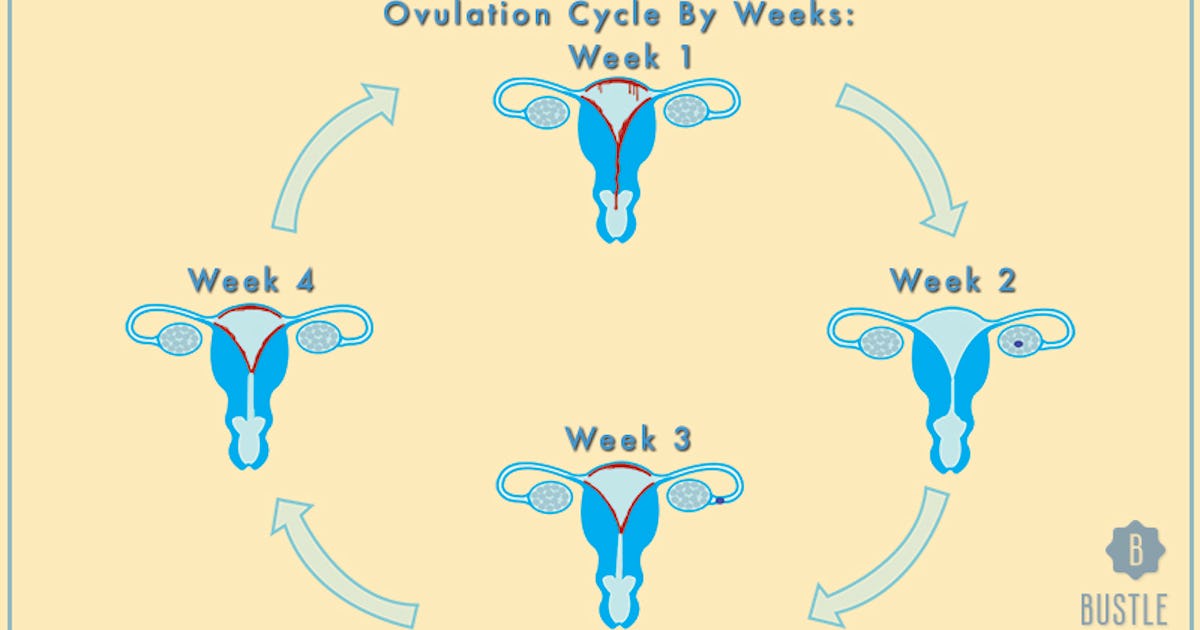
How Your Menstrual Cycle Affects You Each Week, Or What To Expect When You're Not Expecting
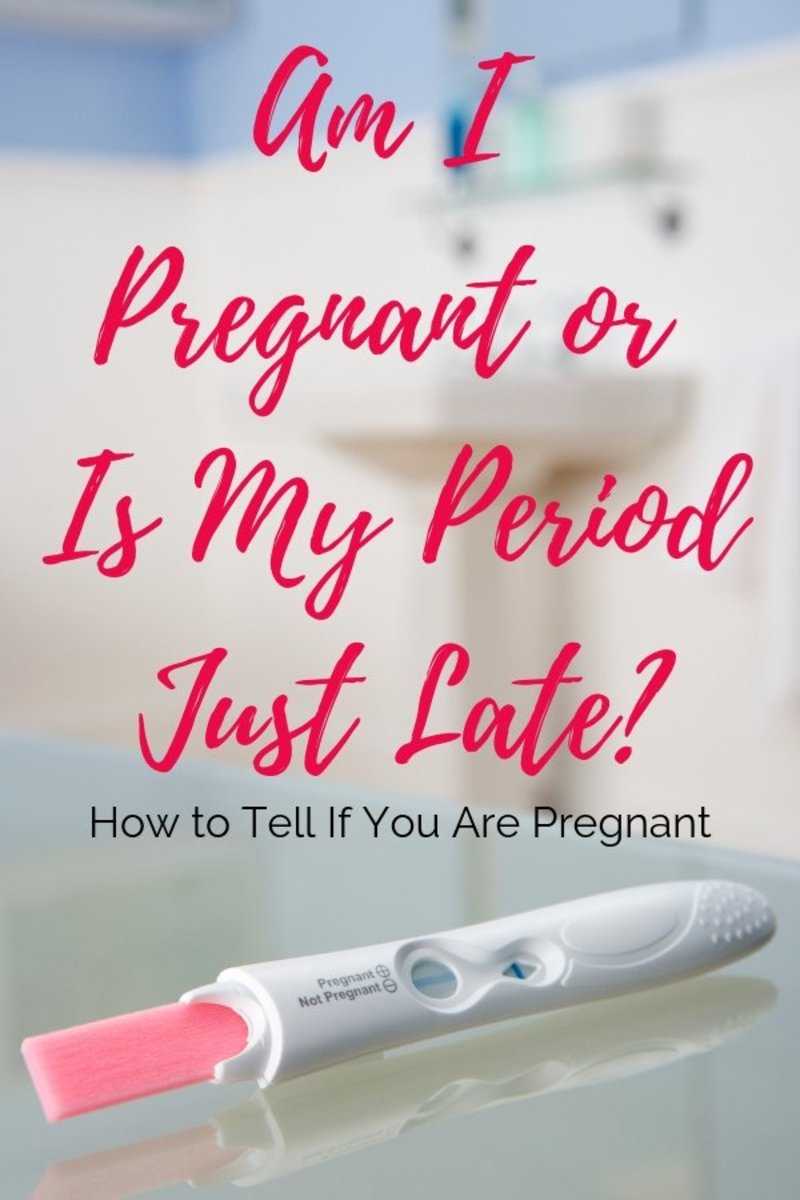
Am I Pregnant or Is My Period Just Late? - WeHaveKids - Family

Am I Pregnant or Is My Period Just Late? - WeHaveKids - Family

Can you get pregnant on or around your period?
Whenever I have spotting about a week after sex (before my period is due), I get

Why Women Get Horny Before Their Period

Spotting Before Period - Reasons for Discharge Ahead Of Period
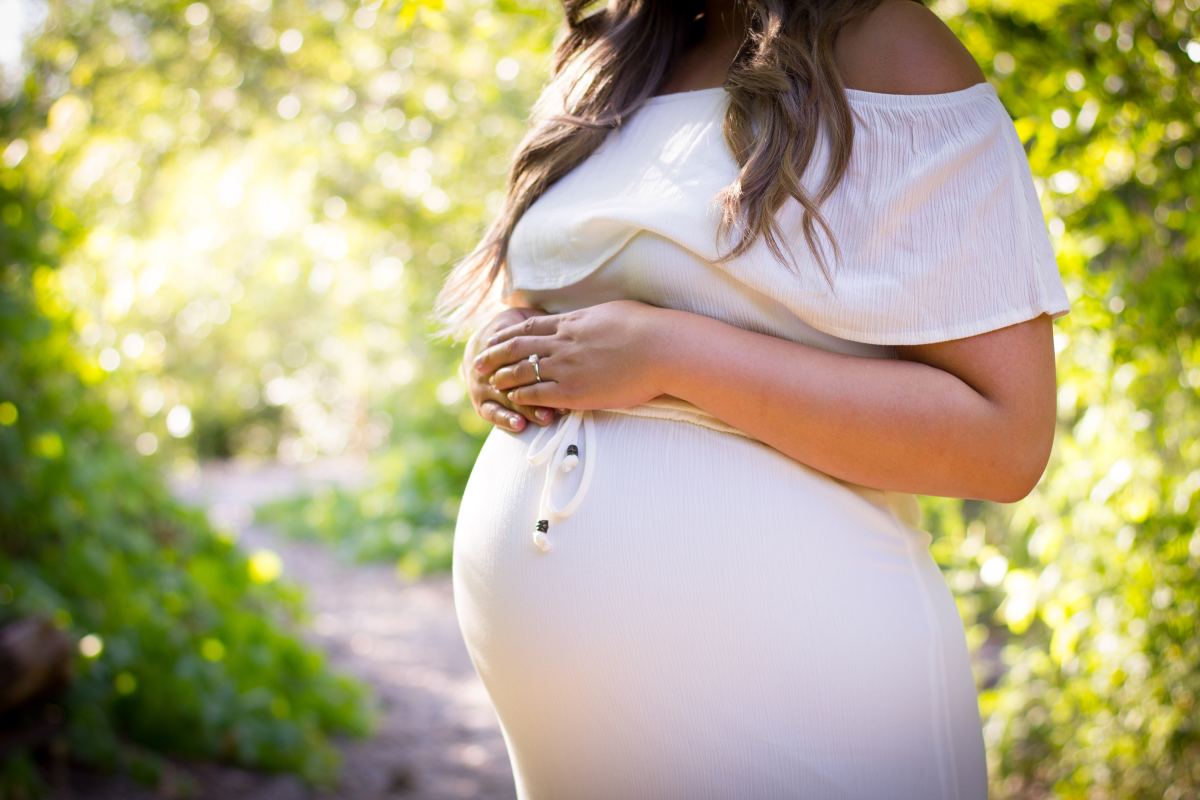
PMS Cramping vs. Common Early Pregnancy Symptoms - WeHaveKids - Family

I'm on the pill. Is it safe to have sex during the week I get my period, when I don't take the pill?

Can You Get Pregnant Right Before Your Period? Chart, Test, More
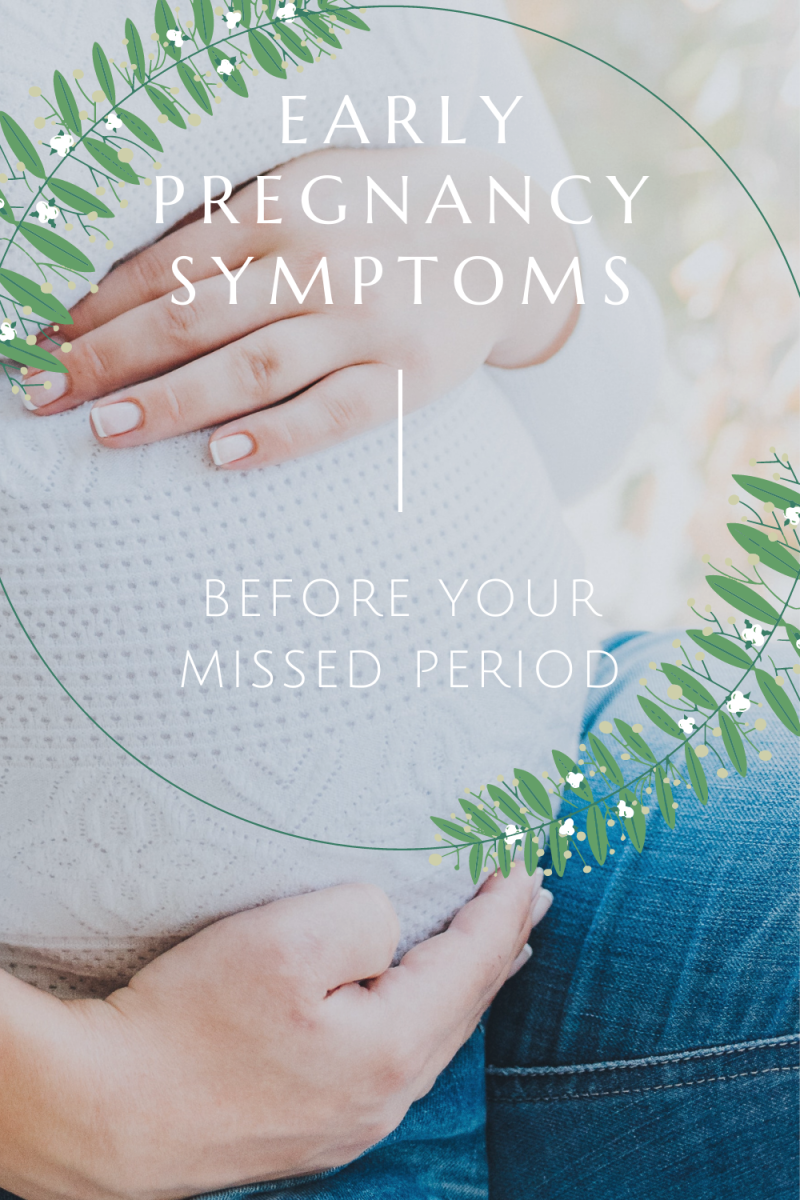
6 Weird, Early Pregnancy Symptoms Before Your Missed Period - WeHaveKids - Family
/sex-after-a-c-section-2759420_final-4c99bd820b804ef5882c6a1b41a835d9.png)
When Can You Have Sex After a C-Section?

What are the chances of getting pregnant 11 days before period is due? - Quora
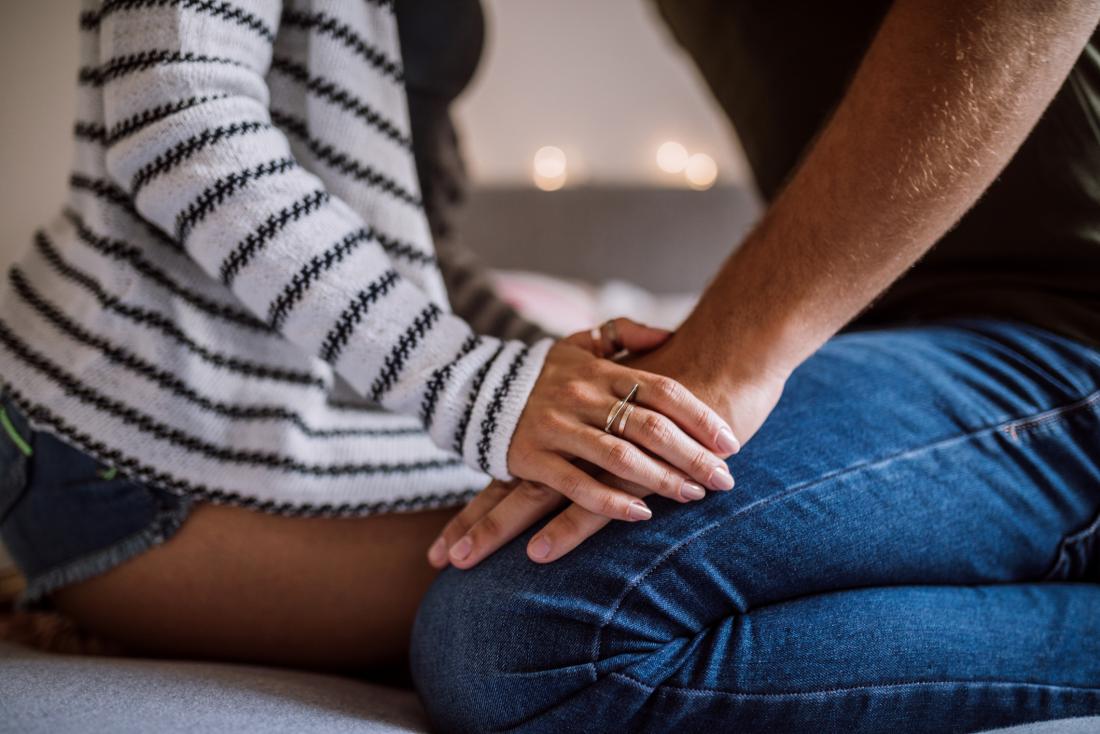
Sex after C-section: Precautions, timeframe, and what to expect

21 Reasons for Spotting Before Period and When to See a Doctor
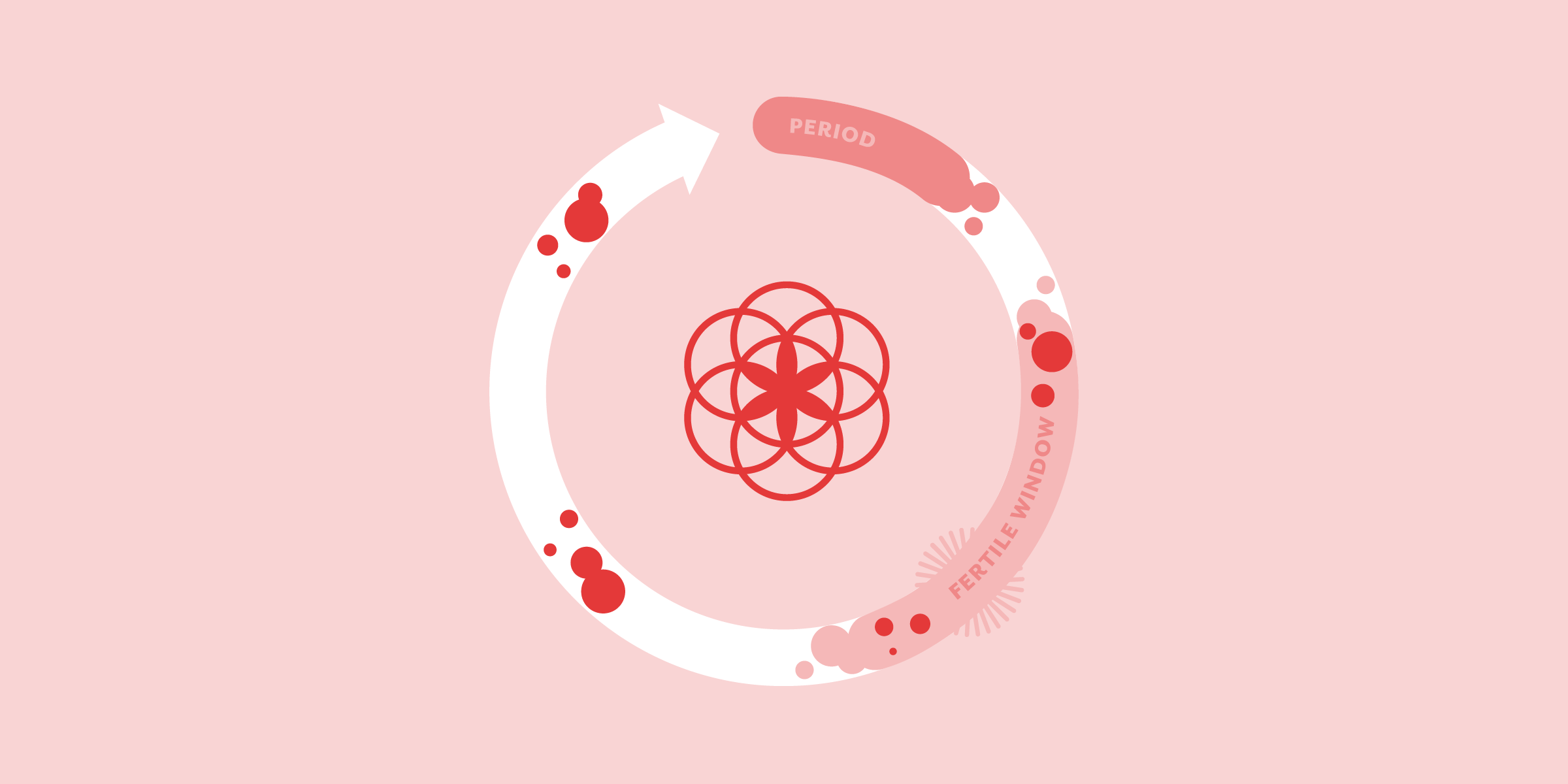
Common causes of spotting and why it happens

Can You Get Pregnant Right Before Your Period? Chart, Test, More
/sb10064069g-003-56a76e895f9b58b7d0ea7140.jpg)
Can I Be Pregnant If I Had My Period a Day After Sex?
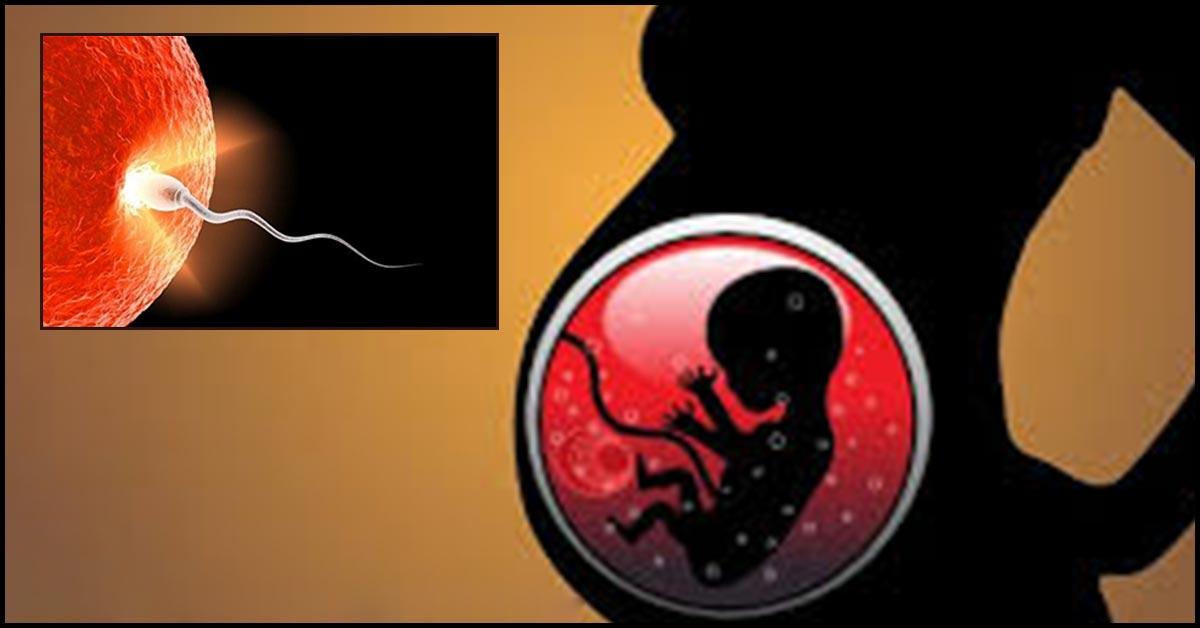
Can You Get Pregnant Before, During Or After Your Periods?

Can you get pregnant on or around your period?
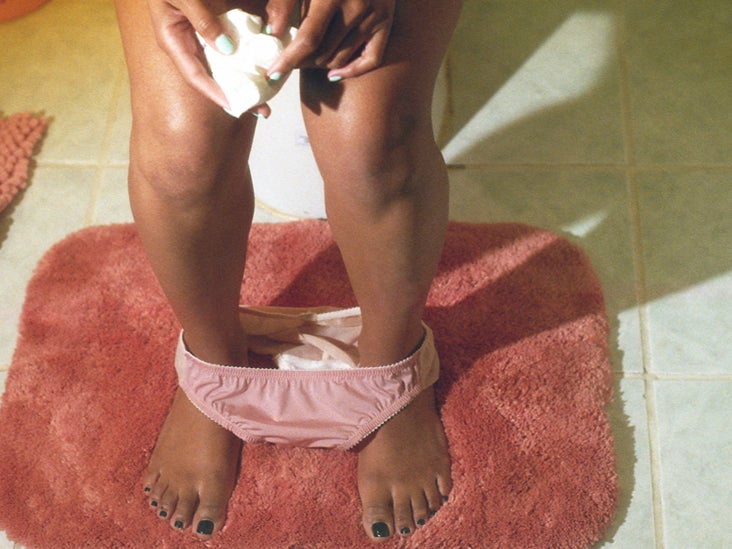
Spotting Instead of Period: 11 Causes and More

Shoddy Ball: Brown Spotting 1 Week Before Period Due : Make Sex More Fun With More Sex Games Help

Spotting before a period: A sign of pregnancy or something else?
:max_bytes(150000):strip_icc()/ovulating-and-getting-pregnant-1960229-final-7dab4cf9a75c4cd8a5ad2622c4ac906d.png)
What Is Ovulation?

Some Women Get Horny as Hell Right Before Their Periods

Early Period: 15 Causes, Home Remedies, Treatments, and More

Right Time For Sex , When Do You Ovulate ? | Your Fertility
Posting Komentar untuk "sex a week before period"